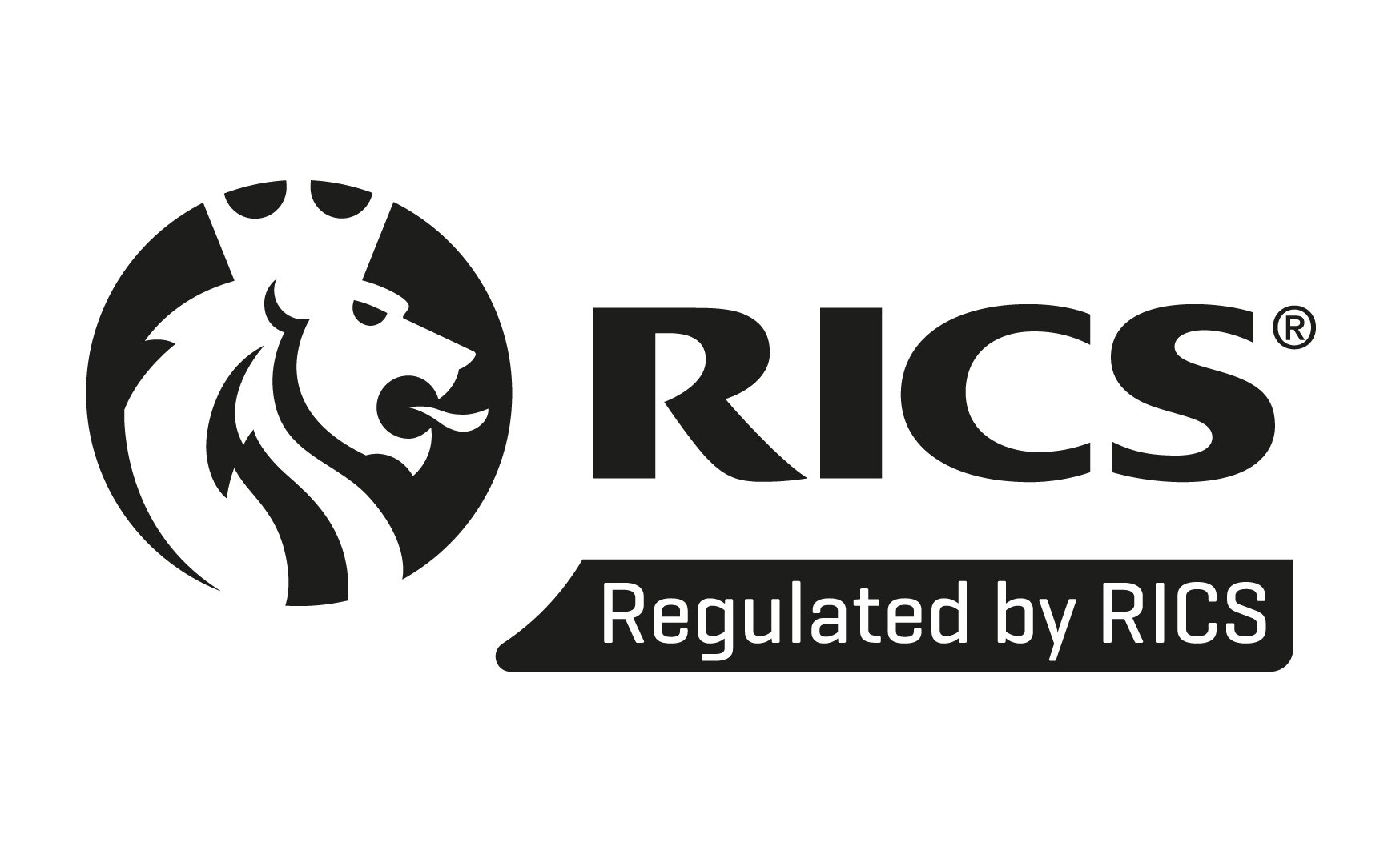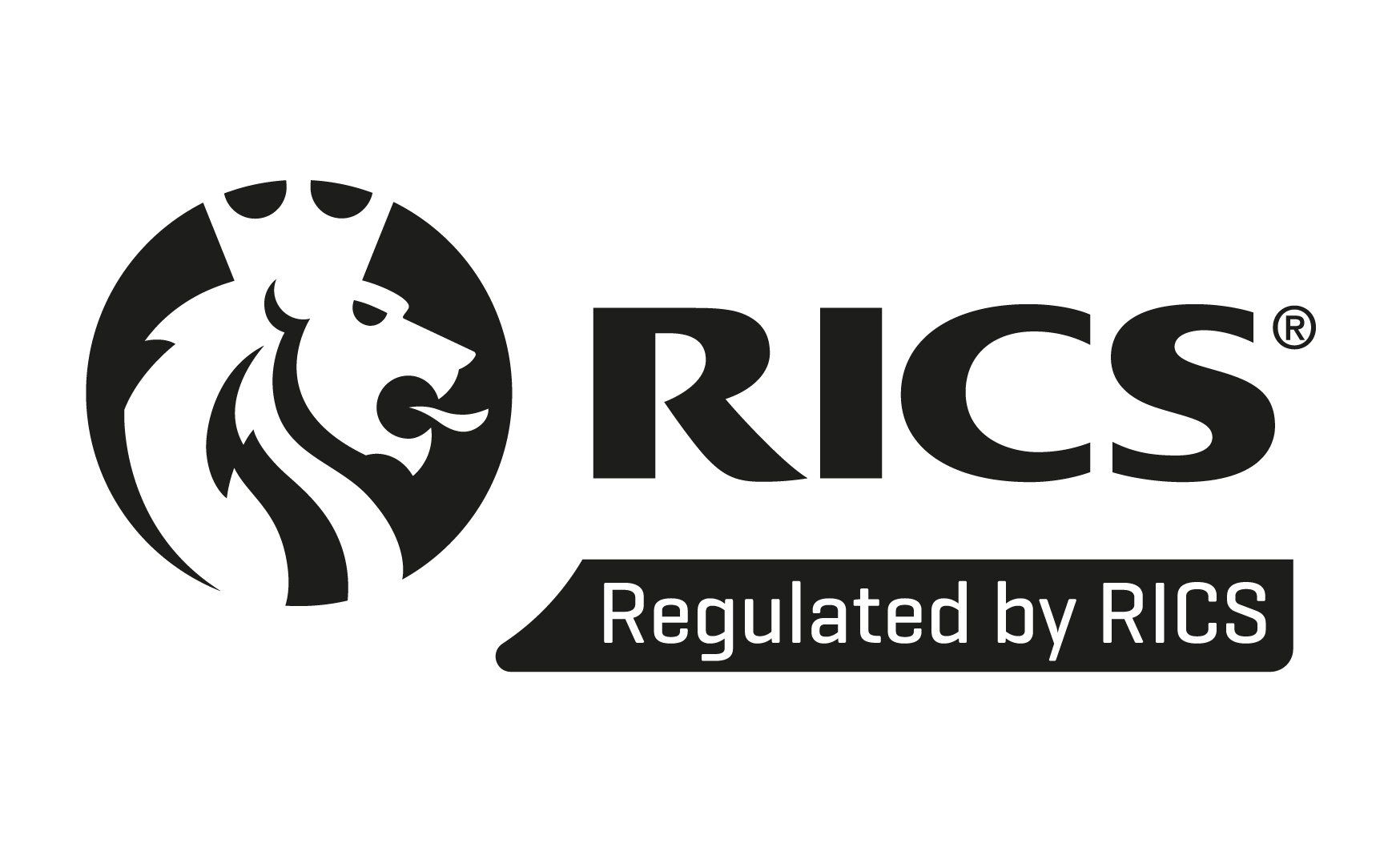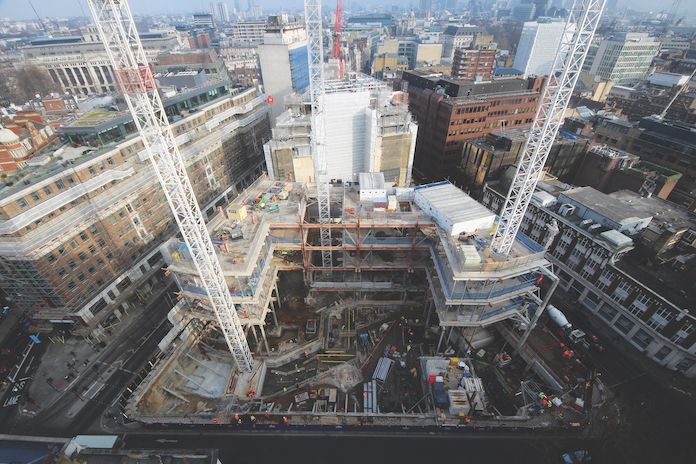What is mediation?
What is Mediation?
Some Definitions of Mediation
Definitions of mediation include the following:
a. The principled resolution of disagreements by a knowledgeable and neutral third party;
b. Helping people have a difficult conversation;
c. An informal dispute settlement process run by a trained third party, called a mediator;
d. In the Law.com Dictionary, it is defined as:
‘Mediation
n. the attempt to settle a legal dispute through active participation of a third party (mediator) who works to find points of agreement and make those in conflict agree on a fair result.’
All the above certainly cover aspects of mediation but a fuller definition offered here is:
‘Mediation is a voluntary, non-binding, confidential, informal and flexible form of dispute resolution in which a neutral person (the mediator) helps the parties reach an agreed settlement.’
This definition appears to encapsulate the key ingredients of mediation and will thus be used as the basis to explain these aspects further.
Mediation is Voluntary
No-one can be forced to mediate. In that sense, it is voluntary. The parties are also free to walk away at any time during the mediation itself. They can reveal as much or as little as they choose. They are not on oath or affirmation nor will they be subjected to cross-examination.
However, some could argue that because of the pressures exerted by the government and courts in the UK to mediate, mediation can no longer be said to be truly voluntary.
Mediation is Non-binding
Mediation is non-binding until an agreement is reached which may then, if so desired by the parties, be turned into an enforceable contract. Entering into mediation does not prevent the parties from walking away from it at any point. They are not bound to settle.
Mediation is Confidential
This is one of the key strengths of mediation. It is one of its central principles and one of the reasons why many people choose mediation over other methods of dispute resolution. Mediation is not recorded and is conducted in private, away from public view. Many in a dispute want to avoid the damage that publicity can cause.
It is normal for the mediator to require all the parties (including the mediator) to sign a mediation agreement covering confidentiality before the start of mediation, stating that any information disclosed or developed during the mediation process will not be disclosed in any future proceedings. The process is a without-prejudice negotiation on a strictly confidential basis. Thus, mediation allows the parties a unique opportunity to freely and openly communicate with one another with minimal risk and without worrying that what they say will be ‘held against them’. When people are able to be more open and honest, they tend to be less positional and their underlying interests are more readily apparent.
However, there are some specific types of cases when the mediator needs to add a caveat to confidentiality. For example, it might be that a mediator will state that everything is kept confidential. However, if they have really serious concerns about the safety, say, of a child, then they will not be able to keep that confidential and will be morally obliged to disclose the information to an appropriate authority. Moreover, it may be possible that national jurisdictions or professional codes of conduct impose specific caveats with regards to illegal activities or possible ordre publique (public policy) danger.
With the exception of any caveat, the mediator must ensure they keep confidentiality throughout and following the mediation. They must also not disclose any information that has been given to them prior to the mediation meeting. A further level of confidentiality is that they do not disclose in joint session anything told to them in the individual, separate (caucus) meetings with each side, unless express permission has been sought and given. No recording of the mediation should be made and any notes made by the mediator should be destroyed at the end of the mediation.
Nothing said in mediation can be used in any subsequent legal process. The only information that is released is that a mediation took place, when and between whom, and whether it was successful or not. There has been some debate regarding whether a mediator can be called to give evidence of what took place during a mediation following the case of Farm Assist Ltd (in liquidation) v The Secretary of State for the Environment, Food and Rural Affairs (No 2), 2009. However, the basic principle remains largely unchanged; which is that a mediator cannot be called as a witness.
In commercial mediations, the settlement agreements will become legally binding when the terms of the agreement are committed to writing and signed by the parties that have the authority to settle.
Mediation is Informal
There is no requirement to produce specific information to the mediator before the mediation starts. This can be contrasted to litigation where parties’ representatives will need to spend resources on filing and serving documents. Only brief case summaries should be given to the mediator in advance.
In mediation, it is usually the case that parties are referred to by their first names rather than titles and surnames. This helps break down barriers and distinguishes mediation from other formal types of dispute resolution.
Mediation is Flexible
The choice of mediator, the venue and timing for the mediation can all be arranged to suit the needs of the parties (and the mediator too, of course). How the mediation is conducted – the use of joint and separate (caucus) sessions – is decided by the mediator to the best effect in order to achieve settlement. Because of its flexibility, mediation can address issues and concerns that would not be given any ‘air’ time in litigation. Creative solutions can be achieved that, again, would not be possible through other formal processes of dispute resolution.
The Mediator is Impartial (or Omni-partial)
The mediator should demonstrate from the very first contact with the parties that they are impartial and do not / will not take sides. It is sometimes said that mediators should instead explain their omni-partiality. It may be a rather semantic difference but when someone is impartial, they are partial to no-one; when someone is omni-partial, they are equally partial to all. In some ways, this idea of omni-partiality seems a more likeable stance for a mediator to take. ‘I am partial to you all.’ ‘I am working for you all equally.’ ‘I am looking to help you all find a solution that is equally acceptable and fair.’
Throughout the mediation, the mediator must treat the parties equally. If a mediator sees one side in a separate (caucus) meeting, then they must see the other similarly. Wherever possible, the mediator should include each party to the same degree and be even-handed in their treatment of each. Using inclusive language, “you both need...”, will help reassure the parties that the mediator is indeed working on behalf of everyone.
The Mediator Helps the Parties Reach Settlement
The mediator does not impose a decision or terms for settlement upon the parties. Instead, the mediator will use their skills to guide the parties to a negotiated settlement that is theirs and which meets their needs. The mediator does this by managing the process, remaining optimistic and encouraging throughout, and treating everyone equally. They also reality test proposed settlement solutions to ensure that they are realistic, achievable and acceptable to everyone.
The Benefits of Mediation
The benefits of mediation are often summarised under the six Cs:
a. Consensual – the parties agree to mediate.
b. Control – the parties remain in control throughout. There is no imposed settlement and any agreement, whether contractual or not, is with their consent.
c. Cost-savings – the emphasis in mediation is on key issues and needs for the future. It is not about providing evidence to substantiate your case or calling upon witnesses to refute the other side’s evidence. It does not have to involve lawyers and, in many types of disputes, there can be a positive advantage in not having legal representation. Nor are there any court costs. There are huge savings in terms of time (as cases can take many years to reach court) and there are also huge savings in terms of the stress involved before resolution is found.
d. Continuing relations – in mediation, the mediator is helping the parties find a win/win outcome. There is no winner or loser. As the emphasis in mediation is on the parties communicating with each other and developing better understanding, there is a greatly improved chance that, for example, commercial business relations can continue. Relationships can be safeguarded or repaired and restored.
e. Confidentiality – meetings are private and nothing can be used in any further legal or quasi-legal proceedings in the event of a mediation not succeeding.
f. Creative – there is no limit on the type of solutions that can be achieved.
Conflicts Suitable for Mediation
It might be easier to list what types of conflicts are not suitable as mediation can, and is, used to help resolve a wide variety of conflicts arising from very different areas. However, a few of the most common areas where mediation is used are:
a. Commercial disputes;
b. Family Divorce & Separation (Children, Finance & Property);
c. Community and Neighbour Disputes;
d. Wills & Inheritance;
e. Landlord and Tenant;
f. Medical;
g. Personal Injury;
h. Schools mediation (Peer Mediation).
There is, of course, mediation undertaken throughout the world in those areas affected by conflict and which damages the lives of millions. It can only be hoped that those mediators working in these high- conflict areas are able to help those in long-standing and often brutal conflict to a peaceful resolution. Their task cannot be underestimated.
When Mediation Won’t Work
Although mediation is a highly effective method of dispute resolution, it nonetheless should not be viewed as a universal remedy for all conflicts. There are times when mediation may not be suitable or will not succeed and where non-mediation approaches are likely to be more appropriate. These include:
· Where people want a punitive judgment – they want retribution and ‘pay-back’;
· An authoritative judgment is needed to take enforcement action, protect a victim or establish a rule of law;
· The parties’ power is so mismatched that it makes genuine negotiation impossible;
· There is a serious danger of mediation being used in bad faith; i.e., to trick the other party into revealing information;
· Someone is not competent to negotiate; e.g., due to serious drug or alcohol abuse, or mental health disability.
When a conflict is suitable for mediation, then the success rate is high. Even those that do not settle on the day of the mediation often settle soon afterwards as the parties continue with direct negotiations. If settlement does not occur either at the time of the mediation or subsequent to it, then all the other options open to the parties prior to the mediation to resolve their dispute are still available; e.g., litigation.
With CEDR trained and accredited mediators, if you have a requirement for a mediation, please feel free to contact us. All our mediators offer lost cost fixed fees, and we are not limited to construction disputes either!




